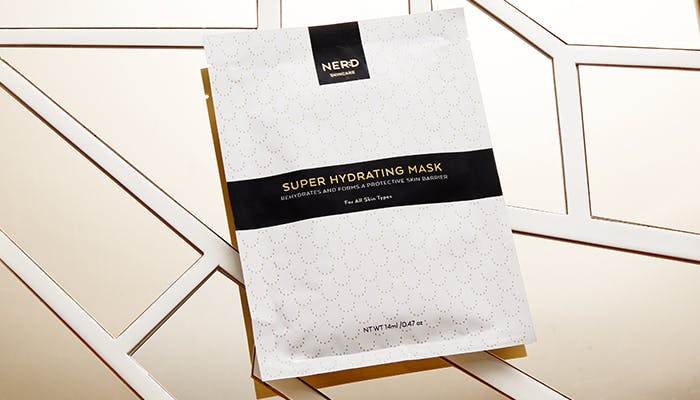Skincare · September 23, 2015
Why Protecting Your Skins Moisture Barrier is the Key to a Flawless Complexion

Dry skin, breakouts, sensitivity, wrinklesthese may sound like separate complexion issues, but they have more in common than you might think. Each of these woes can be a symptom of a damaged skin barrier, aka your complexions designated gatekeeper. Think of this barrier (also known as the lipid or moisture barrier) as a nightclub doorman that keeps out riff raff like environmental toxins, while keeping VIPs (like moisture) inside. According to Jeannette Graf, M.D., Assistant Clinical Professor of Dermatology at New Yorks Mount Sinai Medical Center, this protective outer layer is the most important part of your bodys largest organ, and the key to maintaining a flawless complexion. We checked in with Dr. Graf to learn what exactly a skin barrier does and how treating it gently can mean a happier, healthier skin.
How Does Your Skins Moisture Barrier Work?
Your skins barrier is made up of cells, the lipids that bind them, and natural moisturizing factors, and exists not only to keep out external threats like bacteria, but keep the water in your skin (and other organs) fromliterallyevaporating, Dr. Graf explains. When the barrier is intact and healthy, skin appears plump, and smooth, but when its compromised, skin becomes dehydrated, dull, and more prone to sun damage and irritation. (No, thanks.)
How Can You Tell if Your Skins Barrier is Damaged?
Chronic dry skin, sensitivity to products, a tendency to break out in rashes, and even acne are all signs of a weakened defense, according to Dr. Graf. (Conditions like rosacea and eczema are also thought to be a result of poor barrier function.) And the problem worsens with age: Studies have shown that at age 50 and over, the skin barrier function diminishes, which makes the skin less protected and more vulnerable, she says. But the good news is there are steps you can take to strengthen your skin.

How to Restore and Protect Your Skins Moisture Barrier
To rebuild your skins barrier, start by avoiding skin-damaging habits: Cut shower time to five minutes a day (and avoid hot water temps), and switch out harsh, drying soaps for a hydrating body wash and a creamy, non-foaming cleanser. Dr. Graf recommends moisturizing from head to toe twice a day: Look for [fragrance-free] products with humectants such as lipids, hyaluronic acid and glycerin, she advises.
Avnes Skin Recovery Cream, a scent-free formula that contains glycerin, skin lipid-mimicking squalane, and calming thermal spring water, is a good bet for skin thats feeling extra sensitive. For an instant boost, try a sheet mask like NER:D Skincares Super Hydrating Maskaka the topical equivalent of chugging a bottle of water. The 30-minute treatment saturates skin with plumping hyaluronic acid, barrier-boosting ceramides, and moisturizing macadamia oilbecause when it comes to your moisture barrier, babying your skin actually makes it stronger.

Wendy Rodewald-Sulz
Recovering gel manicure addict, amateur Spotify DJ, expert roller skater.